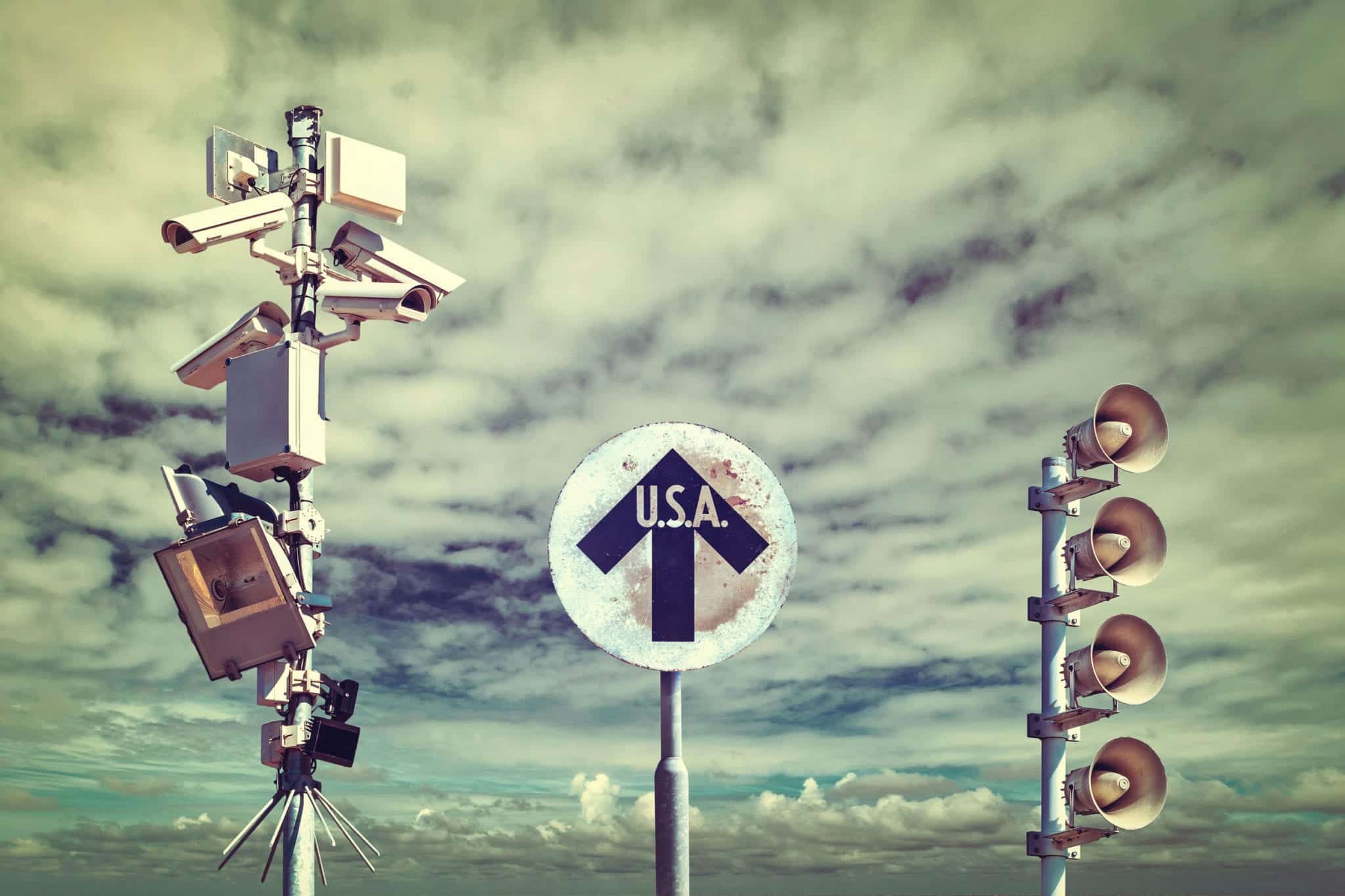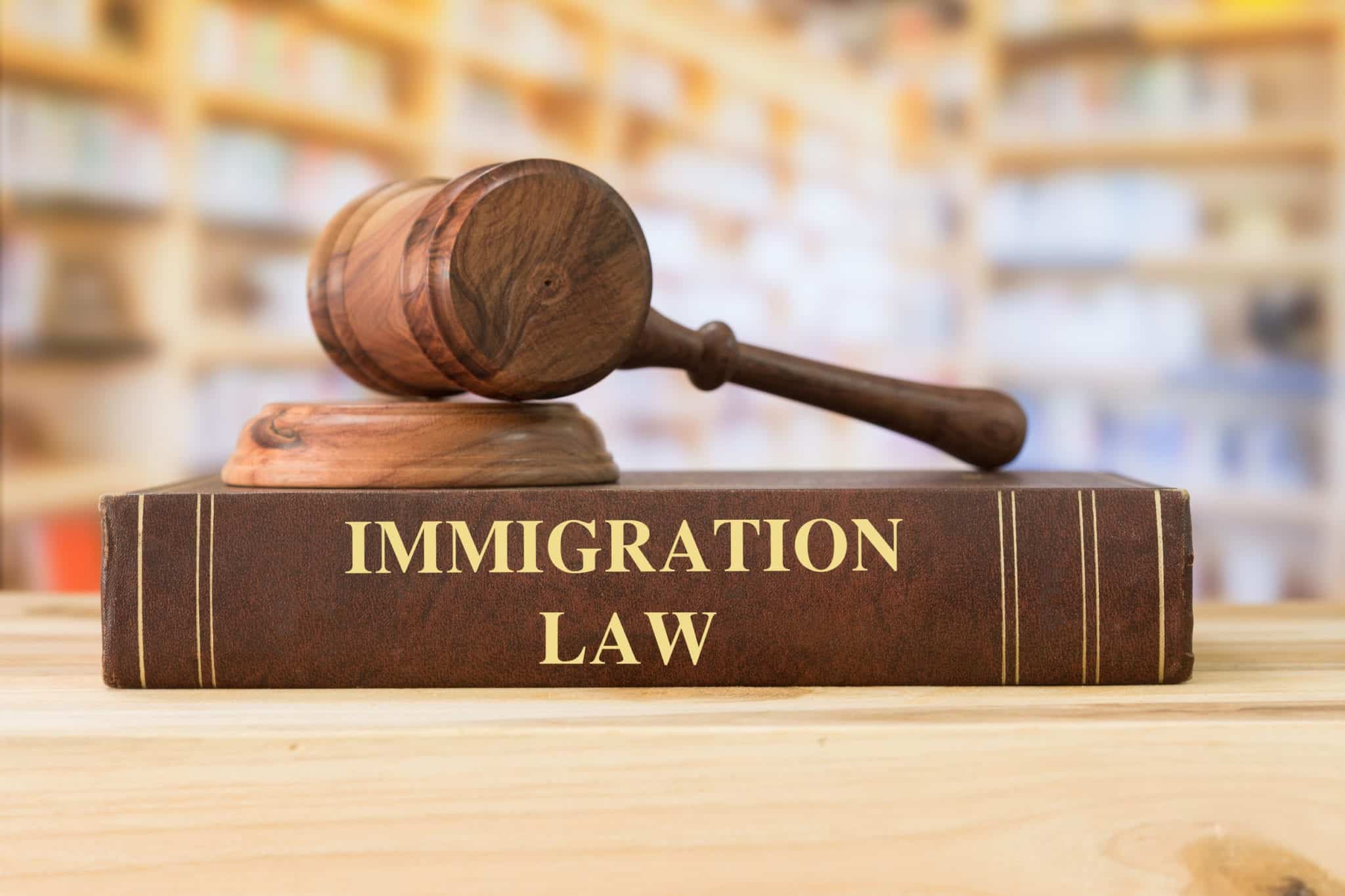A recent Customs and Border Protection memo confirmed that bus carriers such as Greyhound are not legally required to allow Border Patrol agents on board to check for immigrants entering the country illegally.
The company had previously cooperated with such checks, saying it was required to do so under federal law. Greyhound, however, said it did not appreciate Border Patrol agents coming aboard the buses.
A few days after the memo, Greyhound took action.
Greyhound Says Border Patrol Needs a Warrant to Search Terminals
Greyhound recently announced a new policy that before Border Patrol agents can conduct immigration checks in restricted areas of its terminals, they must have a warrant.
It’s should be remembered, however, that Greyhound’s new plicy does not affect the legality of Border Patrol sweeps at highway checkpoints, where all conveyances and passengers are subject to immigration inspections.
If all of this seems confusing, you’re not alone. Today we’ll share when transportation checks are legal, and information about your rights if you’re detained as the result of an illegal search.
Transportation Checks at Highway Checkpoints are Still Legal
US Border Patrol stations operate within 100 miles of the US-Mexico border along Interstate 25, Interstate 10, and roads connecting to I-35 from South Texas.
Drug seizures, migrant apprehensions, and the capture of fugitives attempting to flee to Mexico are common at these checkpoints.
In addition to these law enforcement actions, Border Patrol officers can also make traffic stops, and most bus drivers will allow the agents aboard during these stops. This means that despite the public stances Greyhound and several other bus carriers have made, immigration sweeps on public transit will remain problematic for the foreseeable future.
Your Fourth Amendment Rights
The most important thing to remember?
Your Fourth Amendment protections do not change. These protections explicitly prohibit unreasonable searches and seizures. Any evidence obtained during an unlawful search and seizure is still inadmissible in court.
We expect that the policies surrounding transportation checks will continue to evolve with immigration law, which has been turned on its head by the zero-tolerance immigration policies of the Trump Administration.
Although the bus companies are moving in the right direction, immigration law activists continue to fight for Fourth Amendment rights in this context.
Further, experienced Texas immigration lawyers like us are standing by, ready to help!
If a Search Is Conducted Illegally
So, where does this leave you if you or a loved one is detained as a result of an immigration sweep on public transit?
Every case is different, and the circumstances surrounding the inspection and your arrest will determine whether, in your case, you were detained legally.
Every case is different, and the circumstances surrounding the inspection and your arrest will determine whether, in your case, you were detained legally.
If you are detained as a result of an illegal search, any evidence against you, including your presence on the bus, must be thrown out. This means that the case against you is essentially dead in the water.
However, you certainly cannot count on the Border Patrol or the immigration courts to advise you that your detention was illegal, and throw your case out.
An experienced Texas immigration attorney reviews all of the circumstances surrounding your detention, and determines whether the search that led to your arrest was, in fact, legal.
Even if the search was legal, you still have options, which your attorney can help you evaluate, ensuring the best possible outcome for your case.
Immigration law is quickly evolving, especially in light of the Trump administration’s changes in immigration policy. However, if you get caught up in these unfair policies, be proactive in ensuring that your rights are protected.





